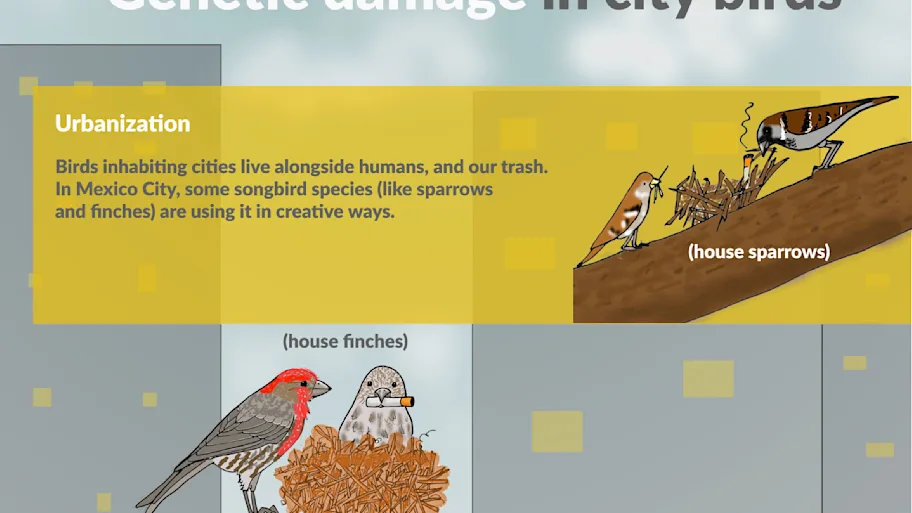
- Science News
- Frontiers news
- How are we adapting to a fast-changing world?
How are we adapting to a fast-changing world?

Humanity’s impact on the environment is enormous. A working group of the International Commission on Stratigraphy (who define geological epochs) formally recognized the Anthropocene as the time period during which humans have had a drastic effect on the Earth and its ecosystems.
At the same time, our environment continues to shape our lives and societies as well: we are witnessing automation of our jobs, gentrification of our cities and increases in global temperatures. But how are humans adapting to these changes?
Rising to present-day challenges
Frontiers is launching a new Open Access journal: Frontiers in Human Dynamics. The journal addresses the sociological and demographic patterns of transformation and adaptation to our ever-changing societies and environment, from human response to global change to the modernization of our societies. It provides an interdisciplinary platform to bring together experts in various fields and explore the challenges and opportunities of societies in the Anthropocene.
Two specialties are currently open for submissions:
Digital Impacts (led by Chief Editor Dr. Peter Tolmie, University of Siegen)
Refugees and Conflict (led by Chief Editor Prof. Jane Freedman, University Paris 8)
Digital Impacts
The uptake of digital technology over the past 40 years has had one of the most profound impacts upon human activity since the industrial revolution. The specialty Digital Impacts welcomes research that examines the dynamic process of digitalization and how it has wrought a change upon life and society.
Chief Editor Dr. Peter Tolmie elaborates further: “Identification of just how digital technology is having an impact at the level of actual human practice remains an unanswered question, and one that has major implications for the development of new technologies themselves and human organization.”
Refugees and Conflict
In 2019, UNHCR (the UN Refugee Agency) announced that the number of people displaced in the world had reached the highest number ever at 70.8 million. Prof. Jane Freedman, Chief Editor of the specialty Refugees and Conflict: “However, the responses to displacement are not sufficient to offer protection and security to refugees. To address this, we need to know more and come to new understandings of the causes of forced displacement and the experiences of refugees. We need to make a massive effort to change the discourse around refugees so that they are no longer seen as a problem or threat, but as people in need of protection and of respect of their rights.”
Interdisciplinary focus & Open Access
Frontiers in Human Dynamics aims to provide this forum for global discussion, fostering collaborations between disciplines, as well as NGOs, policy makers and the public. So that by working together, we can address the unanswered problems of today and enact the global change we need.
Two Research Topics are now open for submission:
Frontiers journals also consistently rank among the world’s most-cited in their fields and in the top Impact Factor and CiteScore percentiles. Discover more.






